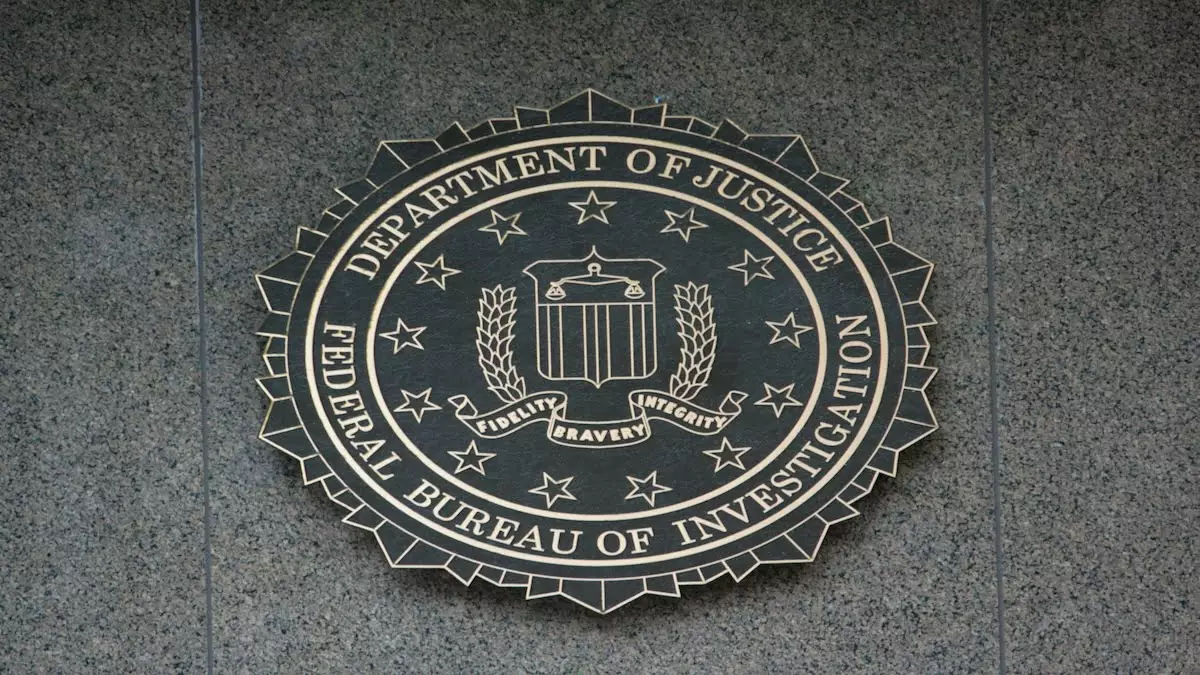In a groundbreaking move, the Federal Bureau of Investigation (FBI) has announced its decision to utilize Non-Fungible Tokens (NFTs) to return $1.14 million to victims of the CluCoin fraud. This marks the first instance of law enforcement agencies leveraging NFTs to facilitate the recovery of funds for fraud victims. The use of NFTs in this context represents a significant departure from traditional methods of victim outreach, introducing a new level of security and efficiency in the restitution process.
By deploying NFTs as a means of communication with the CluCoin fraud victims, the FBI aims to embed essential recovery information within the tokens themselves. This innovative approach ensures that only the rightful victims receive instructions on how to reclaim their stolen funds, thereby minimizing the risk of further fraud and unauthorized access. The utilization of NFTs in this capacity underscores the potential of blockchain technology to enhance security and transparency in legal transactions, particularly in the realm of financial crimes.
The adoption of NFTs by the FBI in the CluCoin fraud case sets a precedent for the broader integration of blockchain technology in law enforcement operations. As NFTs continue to mature, they hold the promise of revolutionizing how legal and government entities engage with digital assets. Imagine a future where NFTs are utilized to verify identities, facilitate restitution claims, and manage legal documents securely and efficiently. The FBI’s use of NFTs in the CluCoin case may serve as a blueprint for the expanding role of these digital assets in civil and criminal investigations.
The increasing application of NFTs in law enforcement activities raises important regulatory questions that demand attention. The current lack of standardized frameworks for governing NFTs creates challenges for law enforcement agencies seeking to utilize these assets effectively. As a result, regulators are called upon to develop cohesive guidelines that safeguard the interests of victims of financial crimes while ensuring the integrity of digital assets. Collaboration between government institutions and blockchain platforms may be necessary to establish policies that address the evolving landscape of NFT technology in law enforcement.
The successful recovery of stolen funds from CluCoin investors through the use of NFTs underscores the transformative potential of this technology in digital policing. As NFTs become more prevalent and sophisticated, they may become a hallmark of modern law enforcement practices, offering enhanced security and accountability in the investigation and prosecution of financial crimes. The CluCoin case serves as a compelling example of the innovative application of NFTs in addressing contemporary challenges in law enforcement.
The adoption of NFTs by the FBI in the CluCoin fraud case represents a milestone in the use of blockchain technology in law enforcement. By leveraging NFTs to facilitate the recovery of stolen funds, the FBI has demonstrated the efficacy of these digital assets in combating financial crimes. As NFTs continue to evolve, their role in legal and government contexts is likely to expand, setting the stage for a new era of enhanced security and transparency in law enforcement practices.


Leave a Reply